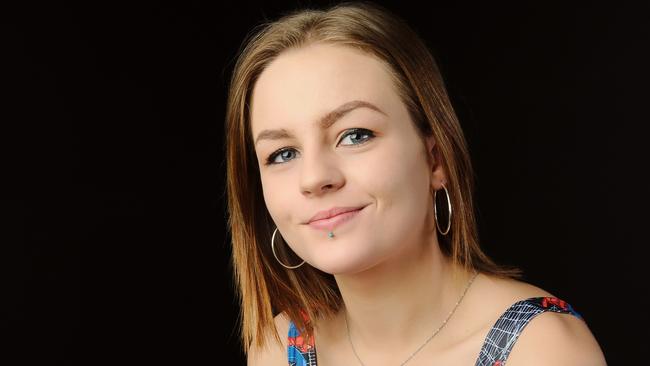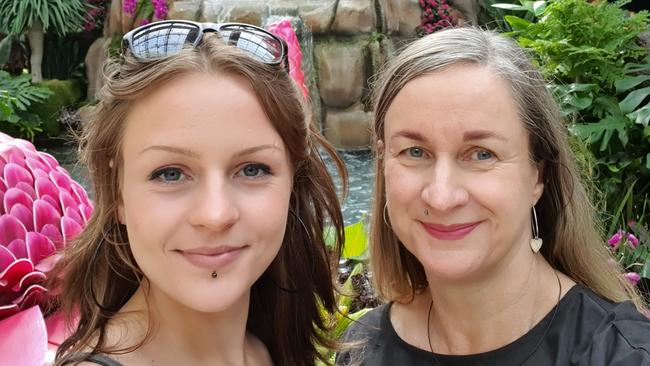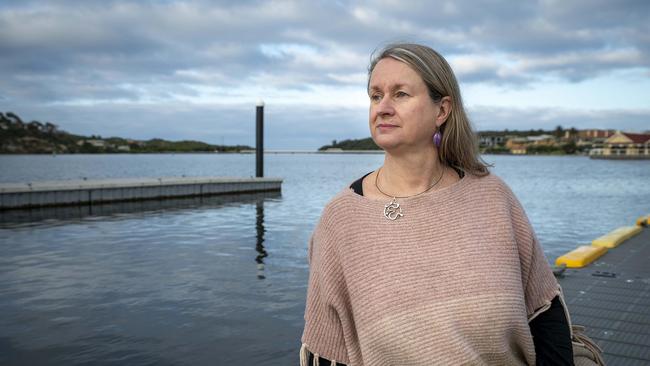‘Don’t let DV abusers get payout after suicide’: super funds
Super industry backs moves to stop DV perpetrators benefiting financially from the death of their partners, following revelations an abuser was awarded a $65,000 payout when his wife took her own life.

The superannuation industry has backed moves to stop domestic violence perpetrators benefiting financially from the death of their partners, following revelations that an abuser was awarded a $65,000 payout when his wife took her own life.
Peak superannuation body the Association of Superannuation Funds of Australia has recommended that the law be changed to prevent people who have been convicted of crimes such as abuse, assault and family violence from claiming their victims’ death benefit.
The move comes after The Australian revealed earlier this year that following the suicide of 22-year-old domestic violence victim Molly Wilkes, a legal loophole required super fund HESTA to pay her entire superannuation and life insurance benefit to her husband.
Molly’s mother, Julie Adams, has campaigned tirelessly to reform the current laws, under which an abuser is entitled to their victim’s superannuation death benefit unless they murdered that person, even if the perpetrator has been convicted of family violence offences.

The ASFA move comes as alarming data released by the Coroner’s Court of Victoria last week showed that among women who died by suicide, more than a quarter (28 per cent) had experienced family violence prior to their death.
Theoretically, a super fund trustee can intervene where an eligible dependant has been convicted of a member’s murder under the common law forfeiture rule that prevents murderers benefiting from their crime. Beyond this, there is no protection against a victim’s death benefit payment being made to perpetrators.
Under proposed new laws, anyone convicted of violent crimes or subject to court orders would be stopped from receiving a victim’s death benefit, regardless of whether the crime contributed to the victim’s death.
The trustee would retain a discretion to pay benefits to other dependants, such as children, in order to protect their entitlements, while withholding payment to perpetrators.
Ms Adams welcomed the move to change “this abhorrent injustice in superannuation death benefits”.

The extreme abuse suffered by Molly Wilkes at the hands of her husband included hundreds of obscene and demeaning texts. Her husband was never charged with any offence and under current laws he would still be entitled to his wife’s death benefit, as the “eligible dependent”, even if convicted of a domestic violence offence.
“Unfortunately, the trustee can only intervene in situations such as this where an eligible dependant has been (or is likely to be) formally charged with a member’s murder,” HESTA told Ms Adams, who had tried to stop the payout.
In July, Labor frontbencher Tanya Plibersek asked Attorney-General Mark Dreyfus to consider Ms Adams’s plea for reform of superannuation laws, alerting him to West Australian data suggesting that women subjected to domestic violence might be up to 10 times more likely to die by their own hand than be murdered by their abuser.
In 2022, the West Australian Ombudsman found 59 women over the age of 18 who died by suicide in 2017 (the most recent year for which there was complete data) were identified victims of family and domestic violence, amounting to 56 per cent of the women who took their own life in the state that year.

Extrapolating the WA data to the Australian population as a whole, 590 women who experience domestic violence would take their own lives every year.
A report released last week by the Victorian Suicide Register on 4790 suicides between 2009 and 2016 revealed that in one in four suicides (24.5 per cent), the deceased had experienced family violence prior to their death. This rate was higher among females, with evidence of family violence present in 28.2 per cent of suicides recorded.
The study only captured cases in which evidence of family violence could be identified by the court and likely underestimated the true rates of family violence experienced by people who died by suicide.
A 2017 pilot study by the NSW Domestic Violence Death Review Team found that almost half of all female suicides in the state (42 of the 85) “had a recorded or apparent history of domestic and family violence, relationship conflict or relationship breakdown”.
If you or someone you know is at risk of suicide, call Lifeline (13 11 14) or the Suicide Call Back Service (1300 659 467), or see a doctor.



